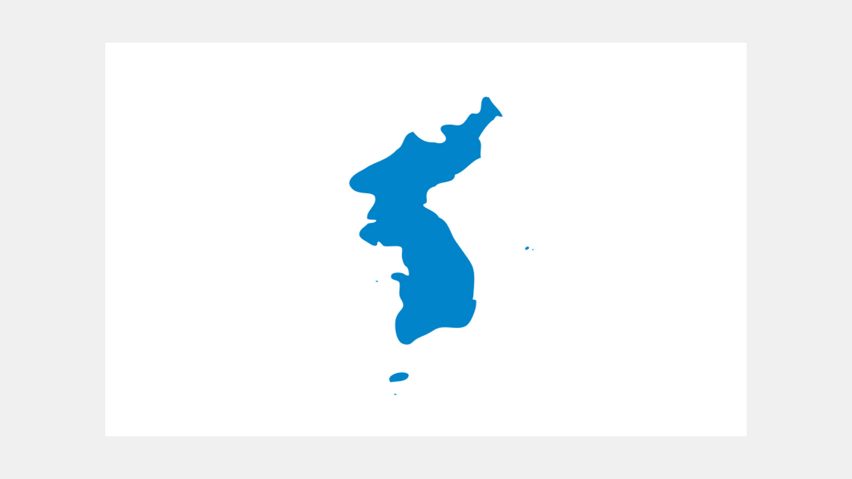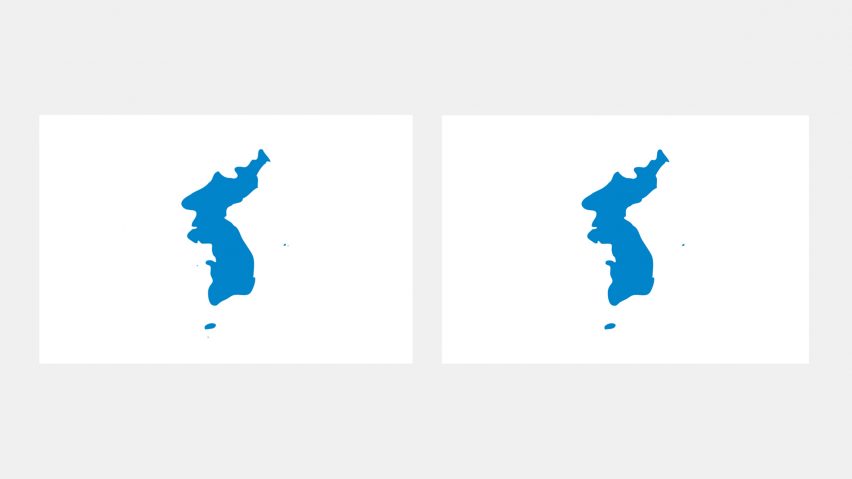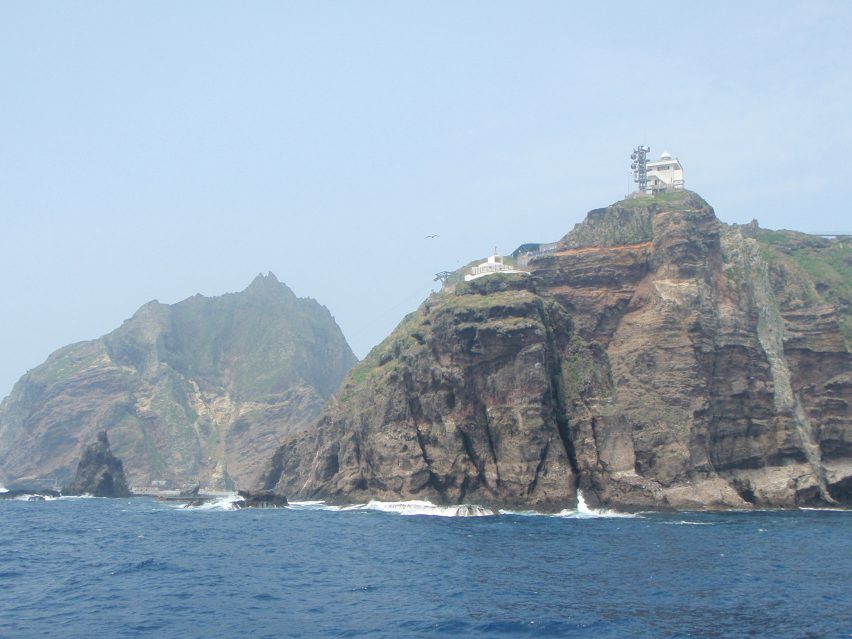
Japan protests inclusion of disputed islands on Korea's unified Olympic flag
The Japanese government is protesting the "unacceptable" inclusion of a group of disputed islands on the Korean unification flag that South Korea and North Korea are set to compete together under at the Winter Olympics.
The two nations plan to march together under the unification flag on 9 February 2018 at the opening ceremony of the Winter Olympics, which is taking place in Pyeongchang, South Korea.
However, Japan has launched a protest against the flag's use, due to the inclusion of the disputed Liancourt Rocks.
Known as Dokdo or Tokto in Korean, and Takeshima in Japanese, the small group of islands in the Sea of Japan consist of two islets and 35 smaller rocks. The islands are currently controlled by South Korea, but claimed by Japan.
Korean unification flag "unacceptable"
"The flag is unacceptable, based on our stance on our sovereignty of Takeshima," Japanese chief cabinet secretary Yoshihide Suga told reporters.
South Korea and North Korea plan to march under the unified flag, which features a light blue silhouette of the Korean Peninsula on a white background, and field a joint women's ice hockey team at the Olympics.

While the unified flag has been used before, the version of the flag chosen by the two counties includes a blue dot that represents the disputed islands.
The name of the body of water containing the rocks is also contested, with the Sea of Japan known as the East Sea in South Korea and the Korean East Sea in North Korea.
The inclusion of the islands was spotted when the flag was flown at a women's hockey match between the unified Korean team and Sweden, in advance of the games.

The flag was conceived in 1990 ahead of the Asian Games that year, and first used in 1991 as the two countries fielded a single team at the World Table Tennis Championships.
While the original flag did not include the Liancourt Rocks, the disputed islands were added to the flag in 2003, when the flag was used at the Asian Winter Games.
Tension over the islands has increased in recent months with Korea requesting that Japan close a new museum in Tokyo that displays exhibits that back the country's claim to the islands.